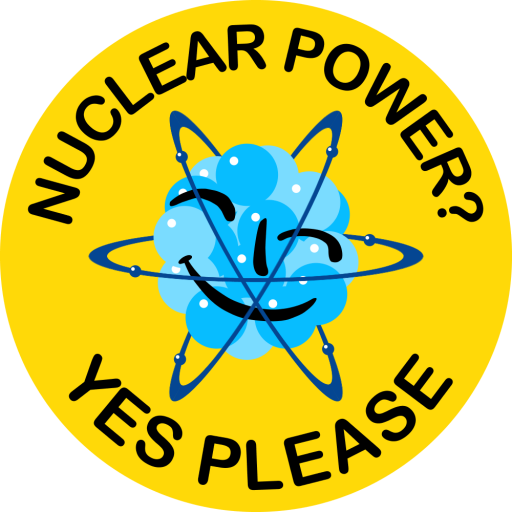So what’s the problem with that?
- They are causing massive environmental damage, and they are causing much ill health in human beings.
- They are causing climate change.
What do you mean “the health aspect”?
| Energy Source | Death Rate (deaths per TWh) |
| Coal – world average | 161 (26% of world energy, 50% of electricity) |
| Coal – China | 278 |
| Coal – USA | 15 |
| Oil | 36 (36% of world energy) |
| Natural Gas | 4 (21% of world energy) |
| Biofuel/Biomass | 12 |
| Peat | 12 |
| Solar (rooftop) | 0.44 (less than 0.1% of world energy) |
| Wind | 0.15 (less than 1% of world energy) |
| Hydro | 0.10 (europe death rate, 2.2% of world energy) |
| Hydro – world including Banqiao) | 1.4 (about 2500 TWh/yr and 171,000 Banqiao dead) |
| Nuclear | 0.04 (5.9% of world energy) |
But what am I supposed to do with this data?
Look up the energy usage statistics for a country you’re interested in, multiply the respecive kind of energy, be it oil, coal, peat… and compare that mumber to what the corresponding number for nuclear and see the difference. That’s all there is to it.
Here’s a simple exercise: Suppose a 1000 MW nuclear reactor displaces 1000 MW of coal… what is the difference? Assume that the reactor is available 85% of the time, and runs at full power. Assume a lifetime fo 40 years. All of these number are a bit at the low end. and for the heck of it, assume the “nicest” value for coal: 15 dead per TWh. How many do you save with a nuclear reactor that displaces that amount of coal?
So what you are saying is…
…that nuclear power saves lives, when it replaces any of the 90% of the energy used in the world today. That is a good reason to love nuclear power.
